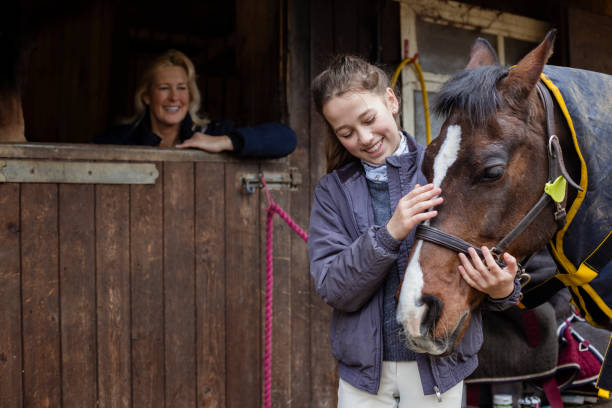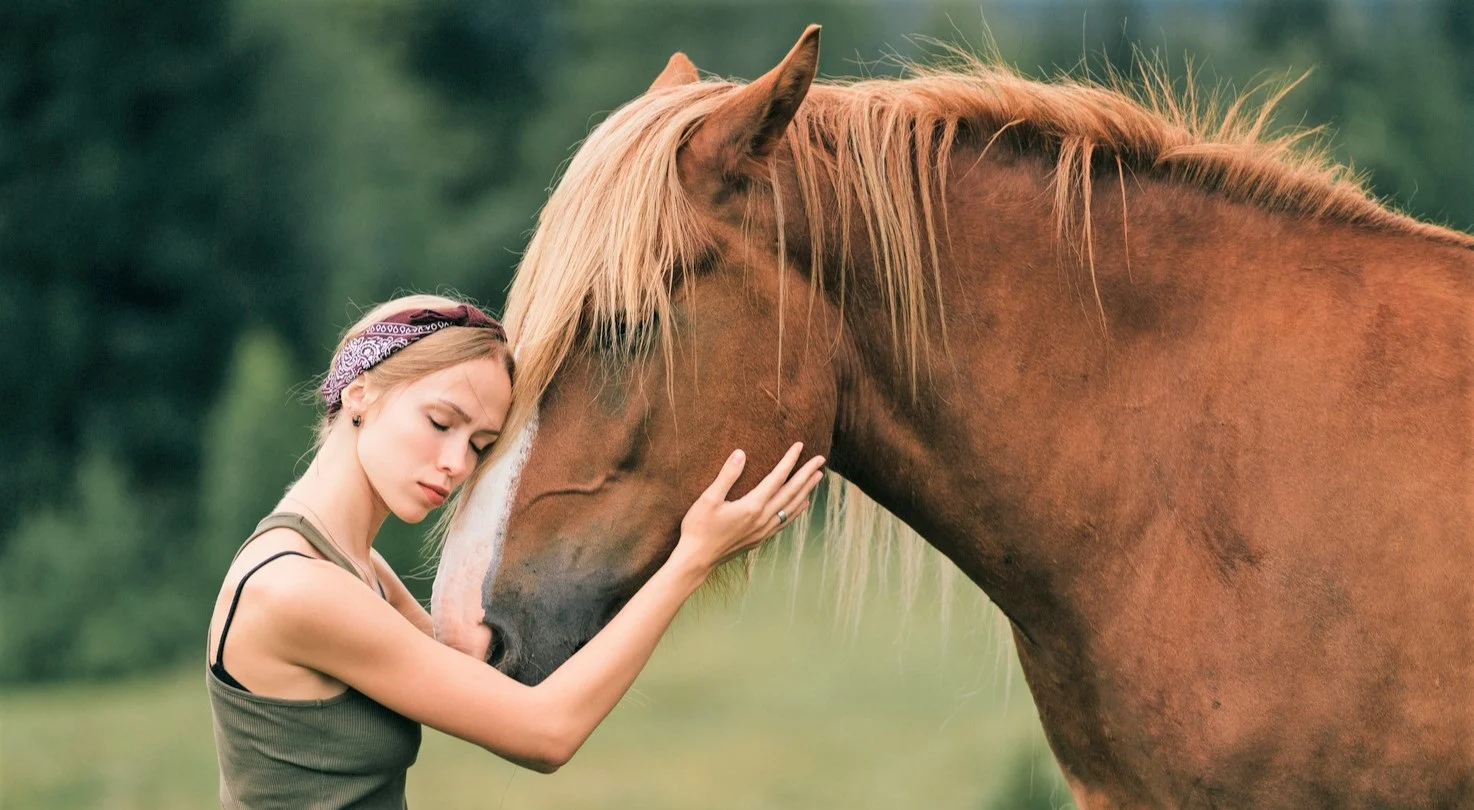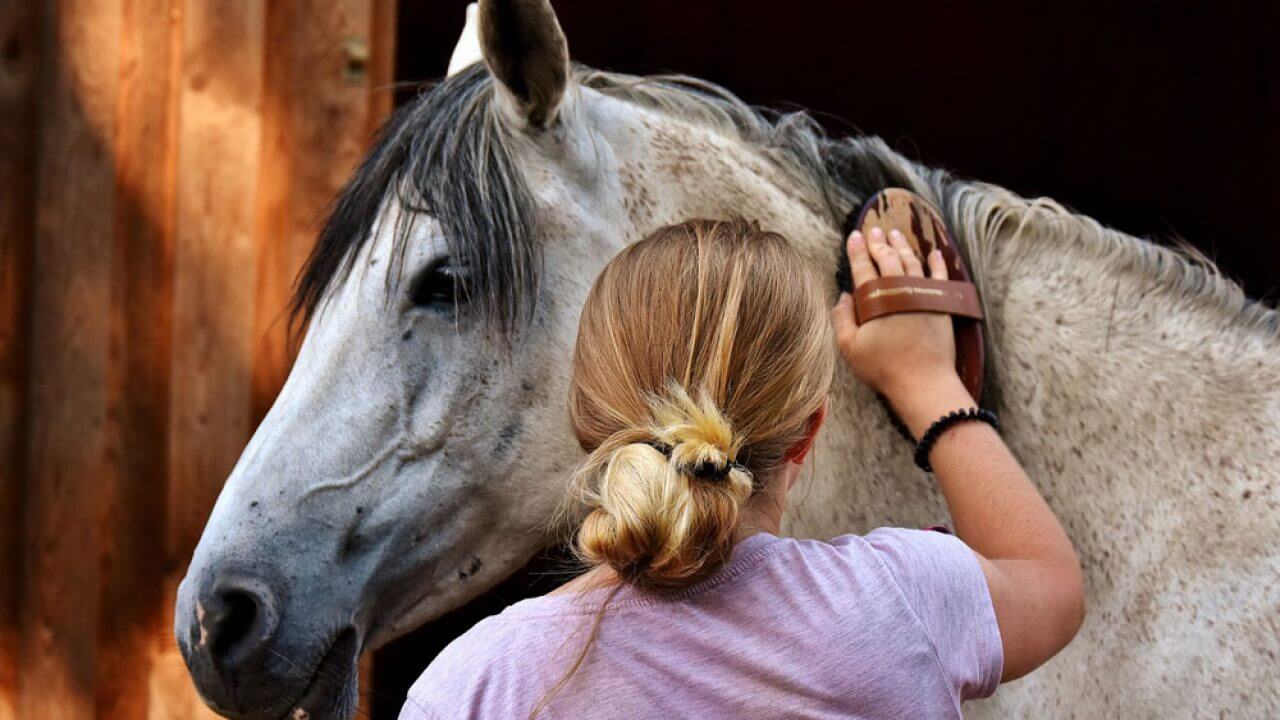Understanding the dietary needs of senior horses is crucial for maintaining their health and well-being. As horses age, their nutritional requirements change, and knowing how much should senior horses eat becomes essential. This article will delve into the specifics of feeding older horses, ensuring they receive the right nutrients to stay healthy and active.

Understanding the Nutritional Needs of Senior Horses
Senior horses, typically over the age of 15, may experience changes in metabolism, digestion, and dental health. These changes can affect their ability to process food and absorb nutrients efficiently. Therefore, understanding the dietary needs of senior horses is the first step toward ensuring they receive adequate nutrition.
Changes in Digestion
As horses age, their digestive system becomes less efficient. This can lead to challenges in breaking down and absorbing nutrients from their feed. It’s important to adjust their diet to accommodate these changes, ensuring they receive the essential vitamins and minerals they need.
Dental Health and Feeding
Dental issues are common in senior horses, affecting their ability to chew and digest food properly. Regular dental check-ups can help identify problems early. For more information on tooth grinding problems, visit our detailed guide.
Determining How Much Senior Horses Should Eat
The amount of food a senior horse should eat depends on several factors, including their weight, activity level, and health status. Generally, a senior horse should consume about 1.5% to 2% of its body weight in forage per day. However, individual needs may vary.
Body Weight and Condition
Monitoring your horse’s body weight and condition is crucial. Adjust their diet accordingly to prevent weight loss or obesity. Regularly assessing their body condition score can help ensure they maintain a healthy weight.
Activity Level
An active senior horse will require more energy and nutrients compared to a sedentary one. Adjust their diet to match their activity level, ensuring they receive the energy needed to support their lifestyle.
Types of Feed for Senior Horses
Choosing the right type of feed is essential for meeting the nutritional needs of senior horses. Specialized senior feeds are available, designed to be easily digestible and rich in essential nutrients.
Forage
Forage is a staple in a horse’s diet. Ensure the forage is of good quality, as poor-quality hay can lead to digestive issues. Consider using hay cubes or pellets if dental problems make chewing difficult.
Concentrates and Supplements
Senior horses may benefit from concentrates and supplements to meet their nutritional needs. Choose feeds that are high in fiber and low in sugar and starch. Supplements can provide additional vitamins and minerals that might be lacking in their diet.
Common Health Issues Affecting Diet
Several health issues can impact the dietary needs of senior horses, including dental problems, arthritis, and metabolic disorders. Addressing these issues is key to maintaining a healthy diet.
Dental Problems
Regular dental exams are vital for senior horses. Learn more about dental exams to ensure your horse’s teeth are in good condition.
Metabolic Disorders
Conditions such as Cushing’s disease and insulin resistance require careful dietary management. Consult with a veterinarian to develop a diet plan tailored to your horse’s needs.
Tips for Feeding Senior Horses
Feeding senior horses requires careful consideration and planning. Here are some tips to ensure your horse receives the best nutrition possible:
- Provide small, frequent meals to aid digestion.
- Ensure constant access to fresh, clean water.
- Monitor your horse’s weight and adjust their diet as needed.
- Consult with a veterinarian or equine nutritionist for personalized advice.
For additional tips, visit the AAEP’s guide on caring for older horses.
Conclusion
Understanding how much senior horses should eat and tailoring their diet to meet their unique needs is essential for maintaining their health and quality of life. By considering factors such as age, activity level, and health status, you can ensure your senior horse receives the nutrition they need to thrive.

FAQs
How often should I feed my senior horse?
It’s best to provide small, frequent meals throughout the day to aid digestion and prevent digestive issues.
Can senior horses eat the same feed as younger horses?
Senior horses may require specialized feeds that are easier to digest and rich in essential nutrients.
What are some signs my senior horse needs a diet change?
Signs include weight loss, poor coat condition, and changes in behavior or energy levels. Consult with a veterinarian for advice.
This article contains affiliate links. We may earn a commission at no extra cost to you.
